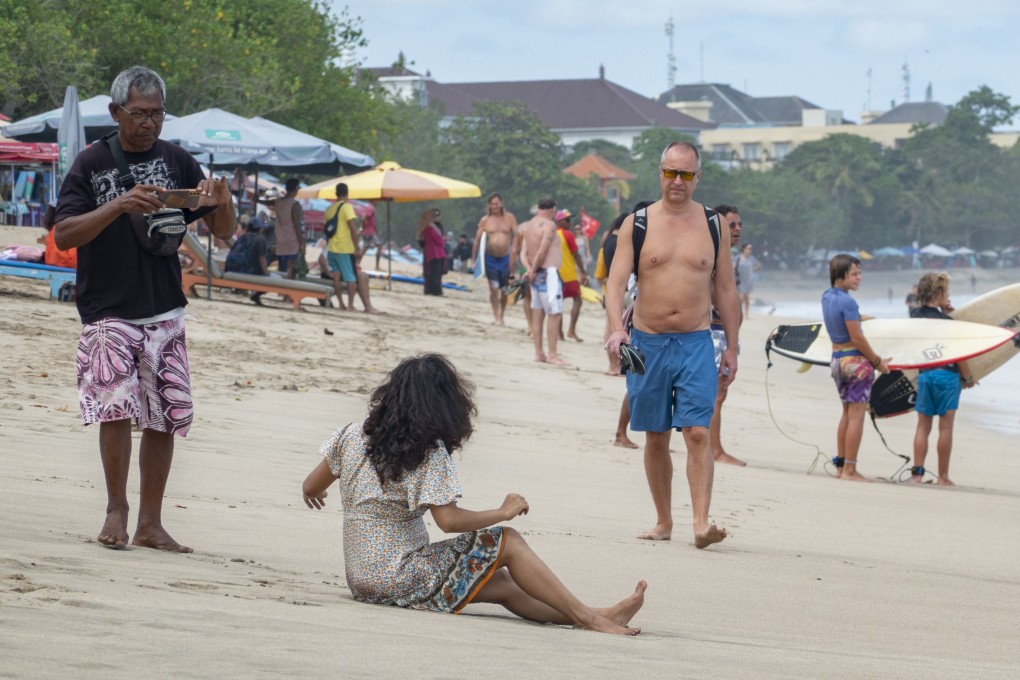Indonesia’s foreign retirees fear being driven out as new visa scheme targets ‘filthy rich’
- Foreigners will be required to have at least US$128,000 worth of cash in Indonesia or proof they own luxury property under the new second-home visa
- It will replace existing retirement visas, leaving long-term foreign retirees who cannot meet the requirements feeling anxious about their futures

The government hopes the programme will entice billionaires and millionaires, foreign investors, Indonesians abroad, highly skilled workers and wealthy elderly foreign tourists to the country.
“This immigration policy is one of the non-fiscal incentives that can be a stimulus for certain foreigners to stay and contribute positively to the Indonesian economy amid increasingly dynamic global economic conditions,” said Widodo Ekatjahjana, acting director general of Indonesia’s immigration agency at the launch of the visa on October 25.
The new scheme will replace current retirement visa schemes when it is launched on December 24, sparking worry among long-term foreign retirees who permanently live in Indonesia and cannot afford the new thresholds.
At present, elderly foreigners in Indonesia hold two types of permits to stay – a temporary one called Kitas that has a one-year validity and a “permanent” one called Kitap that is valid for five years.

Once the new second-home visa kicks in, holders of both the Kitas and Kitap visas with more than six months of validity will have to convert them to comply with the new scheme or they will lapse, according to a Jakarta Post report that cited a circular issued by the government in October and seen by This Week in Asia.